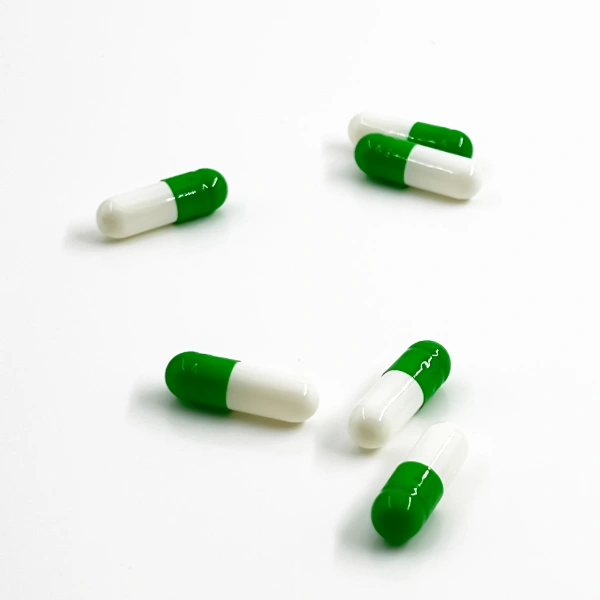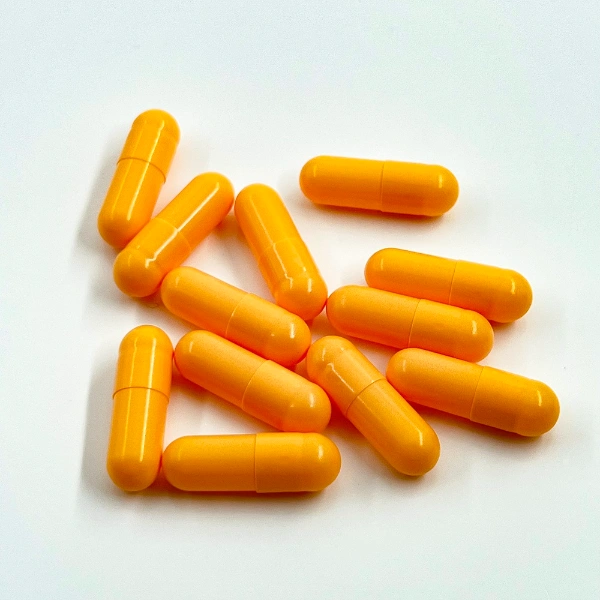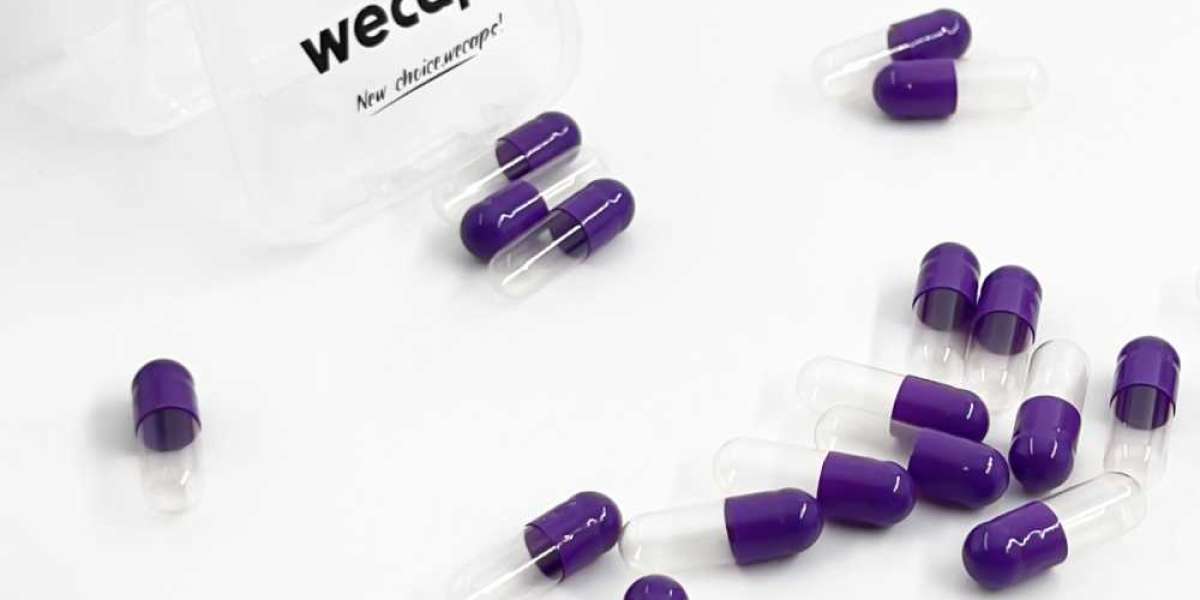Empty hard capsules are widely used in the pharmaceutical and nutraceutical industries for encapsulating various substances. These capsules provide a convenient and efficient way to deliver medications, supplements, and - other substances to the body. In this blog post, Wecaps will explore the various aspects of packaging empty hard capsules for sale.

1. Packaging Materials and Considerations:
To maintain the quality and integrity of empty hard capsules, careful consideration must be given to the selection of packaging materials. The primary packaging material used for these capsules is typically high-density polyethylene (HDPE) or polypropylene (PP) bottles. These materials offer excellent moisture and oxygen barrier properties, protecting the capsules from degradation and maintaining their stability.
Additionally, desiccant packets or oxygen absorbers are often included in the packaging to further minimize moisture and oxygen exposure. These packets help extend the shelf life of the capsules by reducing the risk of moisture-induced degradation or oxidation.
2. Storage Requirements:
Proper storage conditions are crucial for preserving the quality and efficacy of empty hard capsules. It is recommended to store these capsules in a cool, dry place away from direct sunlight, heat, and humidity. Exposure to extreme temperatures or moisture can compromise the capsules' integrity and lead to potential degradation of the encapsulated ingredients.
Furthermore, it is essential to store the capsules in airtight containers to prevent moisture absorption or exposure to oxygen. This ensures that the capsules maintain their transparency and prevent any potential interactions with the environment.
3. Quality Control and Safety Measures:
To ensure the safety and quality of empty hard capsules, rigorous quality control measures must be implemented throughout the packaging process. This includes regular testing for microbial contamination, heavy metals, and other impurities. Additionally, manufacturers should adhere to Good Manufacturing Practices (GMP) guidelines to maintain consistent quality standards.
Furthermore, proper labeling and documentation are essential for transparency and traceability. Each package should clearly indicate the product name, batch number, manufacturing date, expiration date, and any relevant storage instructions. This information helps consumers make informed decisions and ensures accountability in case of any issues or concerns.

4. Best Practices for Packaging Empty Hard Capsules:
- Implement a robust quality control system to monitor the entire packaging process.
- Conduct regular inspections of packaging materials for any signs of damage or contamination.
- Use automated filling equipment to ensure accurate and consistent capsule filling.
- Perform regular maintenance and calibration of packaging machinery to prevent any malfunctions or inaccuracies.
- Train packaging personnel on proper handling procedures and hygiene practices to minimize the risk of contamination.
- Conduct stability testing to determine the shelf life and storage conditions for the capsules.
The empty hard capsules supplied by Wecaps are carefully packaged in securely sealed and moisture-proof packaging to ensure the integrity of the medicine. At the same time, we work with top logistics companies to ensure seamless transportation of your pharmaceutical essentials, reaching you with unparalleled efficiency. You can trust our high quality empty capsules!
https://www.wecaps.com/industry-news/how-are-empty-hard-capsules-packaged.html








